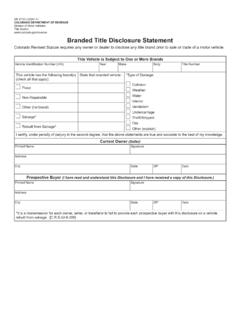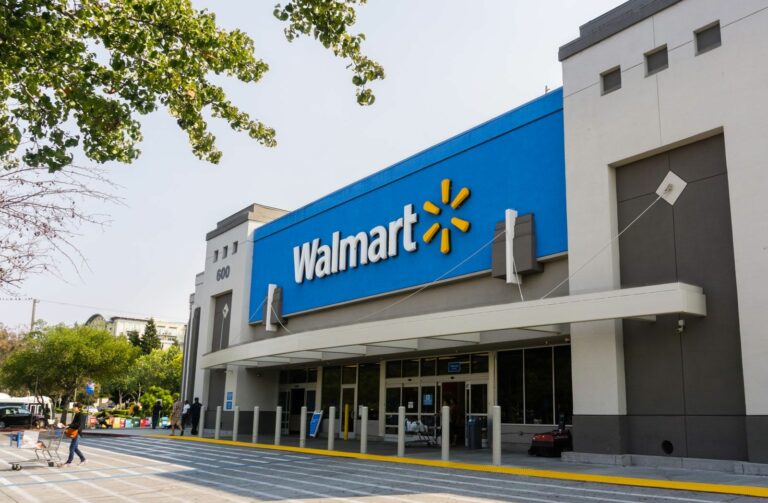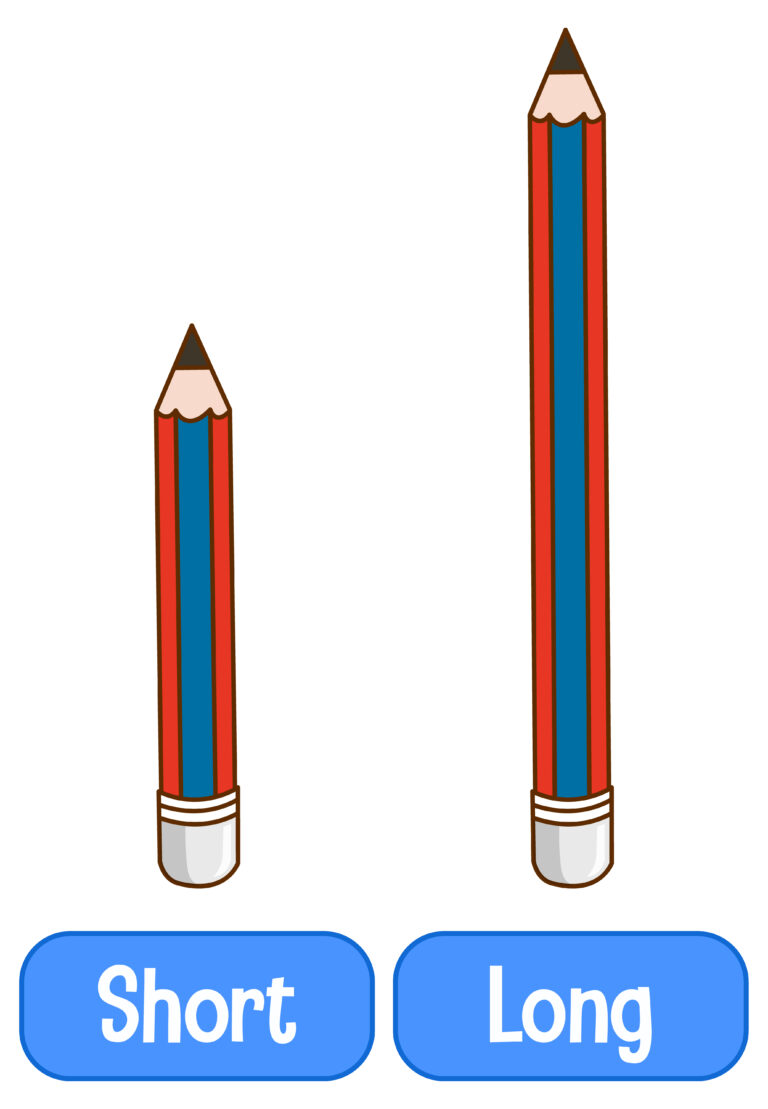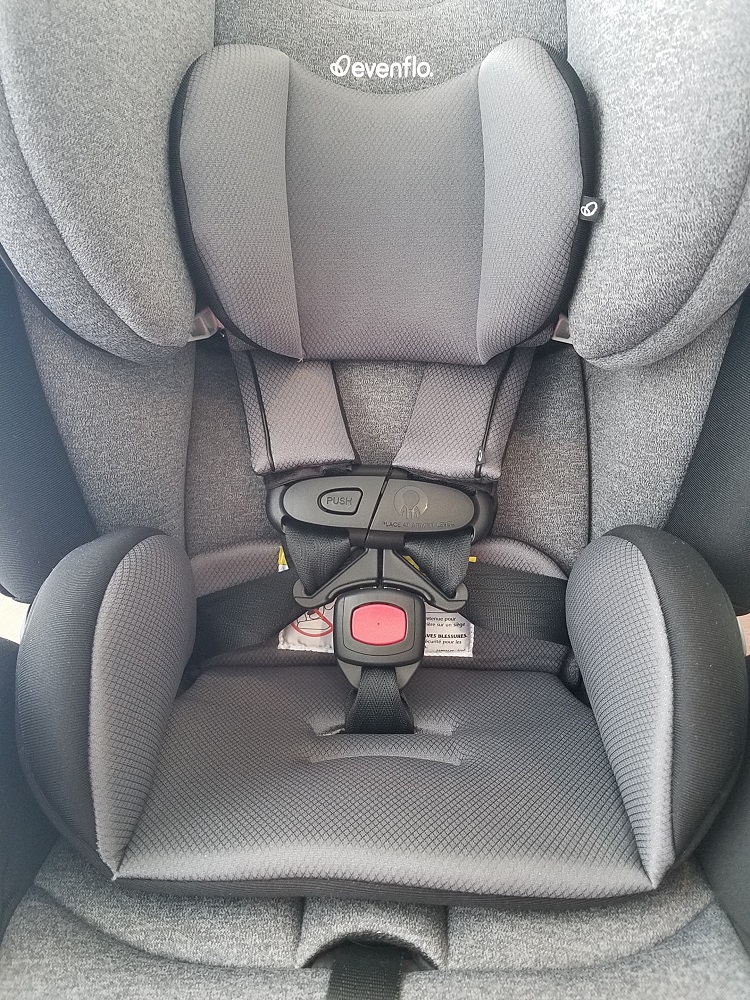Branded Title Cars Utah: Your Comprehensive Guide to Smart Vehicle Ownership
Branded Title Cars Utah: Your Comprehensive Guide to Smart Vehicle Ownership cars.truckstrend.com
Introduction: Unlocking Value and Understanding Risk in the Beehive State
In the vibrant automotive landscape of Utah, where the demand for reliable and affordable transportation is ever-present, a particular category of vehicles often sparks both curiosity and apprehension: branded title cars. Far from being uniformly undesirable, these vehicles represent a unique segment of the market that, for the discerning buyer, can offer significant financial advantages. A "branded title" is essentially a vehicle’s historical scarlet letter, a designation affixed to its title by a state’s Department of Motor Vehicles (DMV) to indicate that the vehicle has experienced a significant event impacting its structural integrity, safety, or value. This could range from severe damage due to an accident, flood, or fire, to being deemed a "lemon" by the manufacturer.
Branded Title Cars Utah: Your Comprehensive Guide to Smart Vehicle Ownership
For potential car owners in Utah, understanding branded titles isn’t just about identifying a "problem" car; it’s about recognizing an opportunity. While they often come with a lower price tag, reflecting their past, they also demand a higher level of due diligence. This comprehensive guide aims to demystify branded title cars in Utah, providing you with the knowledge, tools, and insights necessary to navigate this market confidently. From understanding the various types of brands and their implications to practical advice on inspection, financing, and insurance, we will explore how Utahns can make informed decisions, potentially securing a great vehicle at a fraction of the cost, or wisely avoiding a costly mistake.
Understanding Branded Titles in Utah: What Are They?
A branded title in Utah, as in other states, is a permanent mark on a vehicle’s ownership document (title) that signals a significant event in its history. This mark is recorded by the Utah Division of Motor Vehicles (DMV) and serves as a warning to future buyers. The primary reason a car receives a branded title is typically due to an insurance company declaring it a "total loss" after an incident. This declaration occurs when the cost to repair the vehicle exceeds a certain percentage of its actual cash value (ACV), often 70-80% depending on the state and insurer. However, a total loss isn’t the only trigger; other factors can also lead to a title brand.
Once a vehicle receives a brand, it remains on its title permanently, even if the vehicle is subsequently repaired. This transparency is crucial for consumer protection, ensuring that buyers are aware of the vehicle’s past. For Utah residents, navigating the nuances of these titles requires an understanding of what each brand signifies and the specific regulations enforced by the Utah DMV regarding their sale and registration.
Common Types of Branded Titles in Utah
The type of brand a vehicle receives directly correlates with the nature of the damage or event it experienced. Understanding these categories is the first step in assessing a branded title car’s potential value and risk.
- Salvage This is perhaps the most common and often the initial brand. A vehicle is issued a salvage title when an insurance company declares it a total loss due to collision, flood, fire, theft, or other damage, and the repair costs exceed the threshold percentage of its value. In Utah, a salvage title means the vehicle is considered unsafe to drive and cannot be registered until it undergoes repairs and passes a rigorous inspection process.
- Rebuilt Once a vehicle with a salvage title has been professionally repaired and inspected to ensure it meets safety standards, it can be issued a "rebuilt" title in Utah. The Utah Highway Patrol (UHP) conducts thorough inspections for rebuilt vehicles to verify that all damaged components have been properly repaired or replaced and that stolen parts were not used. A rebuilt title signifies that the car is now roadworthy, but its history as a salvage vehicle remains permanently documented.
- Flood This brand indicates that the vehicle has sustained significant water damage, typically from being submerged to a certain level. Flood damage is particularly insidious as it can lead to long-term electrical, mechanical, and rust issues that may not be immediately apparent. Even after repairs, a flood-branded vehicle carries inherent risks due to potential hidden corrosion and compromised electronic systems.
- Hail Common in areas prone to severe weather, a hail title signifies that the vehicle has sustained extensive cosmetic damage from hail. While often less severe than collision or flood damage, severe hail can compromise a vehicle’s structural integrity if panels are heavily dented or glass is shattered. Repairs can be costly, but the mechanical components are typically unaffected, making these potentially good deals if the cosmetic damage is acceptable or professionally repaired.
- Lemon This brand is applied to vehicles that a manufacturer has repurchased from the original owner due to persistent, unfixable defects that significantly impair the vehicle’s use, value, or safety. Utah has its own "Lemon Law" which provides consumers recourse in such situations. While the manufacturer has attempted or succeeded in repairing the defect, the "lemon" brand serves as a warning about its problematic past.
- Other/Minor Branded Titles: Less common brands include "Junk" or "Non-Repairable" (meaning the vehicle can never be legally driven again, only used for parts), "Odometer Rollback" (indicating tampering with the mileage), or "Theft Recovery" (where a stolen vehicle was recovered, often with damage from the theft).


The Pros and Cons of Buying a Branded Title Car in Utah
Deciding whether to purchase a branded title car in Utah involves weighing potential benefits against inherent risks.
Pros:
- Significant Cost Savings: This is the primary allure. Branded title cars, even rebuilt ones, are often priced 20-50% lower than their clean title counterparts. This allows buyers with a limited budget to access newer models, higher trims, or more luxurious vehicles they otherwise couldn’t afford.
- Lower Depreciation: Because the initial purchase price is lower, the vehicle has less "value" to lose. While its resale value will always be impacted by the brand, the percentage of depreciation from your purchase price might be less steep over time compared to a clean title car.
- Potential for a "Like-New" Vehicle (Post-Repair): If the repairs were performed by certified professionals using quality parts, a rebuilt vehicle can be functionally and aesthetically indistinguishable from a clean title car. The key is ensuring the repair quality.
- Environmental Benefit: By giving a damaged vehicle a second life, you contribute to reducing waste and the environmental impact associated with manufacturing new cars.
/filters:quality(60)/2020-11-20-What-Is-a-Branded-Title-inline-table.png)
Cons:
- Challenges with Resale Value: The branded title will permanently affect the car’s resale value, making it harder to sell and likely fetching a lower price, even years down the line.
- Insurance Difficulties: Some insurance companies may refuse to insure branded title vehicles, especially for comprehensive or collision coverage, or they may charge higher premiums. Obtaining full coverage can be particularly challenging. It’s crucial to get insurance quotes before purchasing.
- Financing Hurdles: Many lenders are hesitant to finance branded title vehicles due to their perceived higher risk and lower collateral value. You may need to secure a personal loan or pay cash.
- Potential Hidden Issues: Despite inspections, there’s always a risk of underlying damage that wasn’t fully repaired or detected, especially with flood or extensive structural damage. These issues can lead to unexpected repair costs down the line.
- Voided Manufacturer Warranties: Original manufacturer warranties are typically voided once a vehicle receives a salvage or branded title. Any repairs will be out-of-pocket unless the dealer offers a separate, limited warranty.
- Inspection Requirements: For a salvage vehicle to become rebuilt and legally drivable in Utah, it must pass a stringent inspection by the Utah Highway Patrol, which adds a step and potential cost for sellers or initial buyers.
Navigating the Purchase: A How-To Guide for Branded Title Cars in Utah
Purchasing a branded title car in Utah demands a meticulous approach. Here’s a step-by-step guide to minimize risk and maximize value:
- Research Thoroughly – Start with the VIN: The Vehicle Identification Number (VIN) is your most powerful tool. Use services like CarFax or AutoCheck to obtain a detailed vehicle history report. This report will clearly state the title brand, the dates of title changes, and often provide details about the events that led to the branding (e.g., specific accident reports, flood declarations). Pay close attention to the timeline of repairs.
- Demand Repair Documentation: If the car has a "rebuilt" title, the seller should have documentation and ideally photos of the repair process. This includes receipts for parts, invoices from repair shops, and a clear explanation of what was damaged and how it was fixed. Transparency here is a major positive indicator.
- Mandatory Professional Pre-Purchase Inspection (PPI): This is non-negotiable. Hire an independent, certified mechanic – preferably one with experience evaluating branded or rebuilt vehicles – to perform a comprehensive inspection. They can identify hidden damage, shoddy repairs, or potential future problems that aren’t visible to the untrained eye. Ask them to specifically check for:
- Frame damage and alignment issues.
- Signs of flood damage (musty odors, rust in unusual places, water lines, corroded electronics).
- Proper functioning of all electrical components.
- Engine and transmission health.
- Quality of bodywork and paint (mismatched paint, overspray).
- Evidence of air bag deployment and proper replacement.
- Tire wear and suspension components.
- Extensive Test Drive: Don’t just drive around the block. Take the car on various road conditions – city streets, highways, uneven surfaces. Listen for unusual noises, feel for vibrations, and assess handling, braking, and acceleration. Pay attention to how the car tracks straight.
- Understand Utah DMV Requirements: Before buying, familiarize yourself with Utah’s specific requirements for registering and transferring ownership of branded title vehicles. If you’re buying a salvage title and plan to rebuild it yourself, understand the UHP inspection process.
- Secure Insurance Quotes Before You Buy: Contact several insurance providers in Utah and get quotes for the specific branded title vehicle you are considering. Be transparent about the title status. This step is critical, as some companies may refuse coverage or charge prohibitively high premiums.
- Address Financing Early: If you require a loan, discuss the branded title status with potential lenders from the outset. Be prepared for higher interest rates, larger down payments, or the need to seek out specialized lenders who work with branded titles. Cash is often king in this market.
- Negotiate Wisely: Given the inherent risks and challenges associated with branded titles, you have significant leverage for negotiation. Factor in potential future repair costs, insurance premiums, and resale value depreciation into your offer.
Legal and Regulatory Landscape in Utah
Utah has specific laws and regulations designed to protect consumers when it comes to branded title vehicles:
- Disclosure Requirements: Sellers in Utah are legally obligated to disclose a vehicle’s branded title status to prospective buyers. This disclosure should be clear and unambiguous.
- Rebuilt Title Inspection Process: For a vehicle with a salvage title to be registered and driven in Utah, it must undergo a comprehensive safety and anti-theft inspection by the Utah Highway Patrol (UHP). This inspection verifies that the vehicle has been properly repaired, meets safety standards, and that all major component parts used in the repair are legitimate and not stolen. Documentation of repairs and parts sources is typically required.
- Lemon Law: Utah’s Lemon Law protects buyers of new vehicles, but it also dictates how vehicles deemed "lemons" are branded and resold. A car branded as a "lemon" must carry this designation permanently on its title.
Understanding these regulations ensures you are protected as a buyer and helps you navigate the necessary steps if you plan to purchase or repair a branded title vehicle.
Practical Advice and Actionable Insights
For anyone considering a branded title car in Utah, the overarching advice is "due diligence, due diligence, due diligence." Never let the allure of a low price overshadow the importance of comprehensive research and professional evaluation. If a deal seems too good to be true, it very likely is. Always assume there are hidden issues until a qualified third-party inspection proves otherwise. Prioritize safety over savings, and remember that transparency from the seller is a non-negotiable requirement. Walk away if documentation is missing or if the seller is evasive about the vehicle’s history.
Price Information for Branded Title Cars Utah
It’s impossible to provide a fixed "price table" for branded title cars, as their value is highly subjective and depends on numerous factors. However, we can illustrate the typical discount range and the factors influencing price for a hypothetical scenario in Utah.
Conceptual Price Guide: Branded Title Cars in Utah
| Vehicle Condition / Title Type | Typical Discount Off Clean Title MSRP/Market Value | Factors Influencing Price | Important Notes for Buyers |
|---|
Brile Title Cars are a peculiar class of vehicles in the automotive market, and understanding them is crucial for any potential car owner in the Beehive State. These cars, often significantly cheaper than their clean title counterparts, come with a "brand" on their title – a permanent indicator of a significant event in their history. This comprehensive guide will delve into what branded title cars mean in Utah, the various types of brands, their advantages and disadvantages, and most importantly, how to navigate their purchase safely and smartly.
What is a Branded Title Car?
A branded title car is a vehicle whose ownership document (title) carries a permanent designation indicating it has sustained significant damage, been declared a total loss by an insurance company, or has some other notable history that affects its value and condition. This brand is affixed by the Utah Division of Motor Vehicles (DMV) and serves as a red flag for future buyers. The purpose is consumer protection, ensuring that the vehicle’s past, particularly any major incidents, is transparently disclosed.
The "total loss" declaration by an insurance company is the most common reason for a title to be branded. This occurs when the cost to repair the vehicle after an accident, flood, fire, or other damage exceeds a certain percentage of its actual cash value (ACV) – a threshold that varies by state and insurer, but is often around 70-80%. Once declared a total loss, the insurance company typically takes possession of the vehicle, pays out the claim, and then sells the damaged vehicle to salvage yards or specialized repairers.
Why Are Branded Titles Relevant in Utah?
Utah’s diverse landscape, from its snowy mountains to its arid deserts, and its bustling urban centers, means vehicles are exposed to various conditions and risks. Accidents, hail storms, and even past flood events (though less common than in coastal states) can lead to vehicles being branded. For Utahns looking for affordable transportation, branded title cars present a unique segment of the market. They offer an opportunity to purchase a newer, higher-end, or more feature-rich vehicle at a substantially reduced





